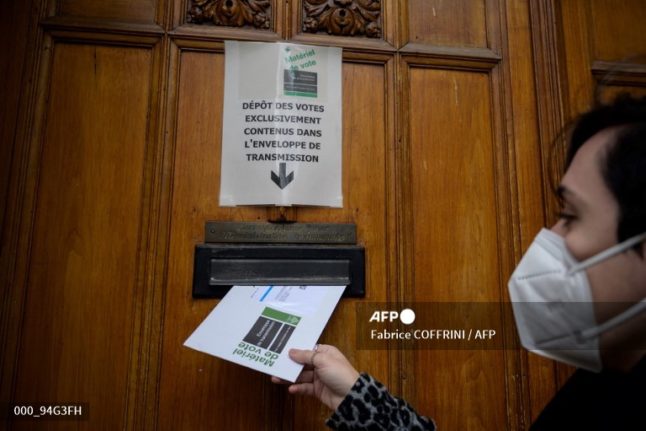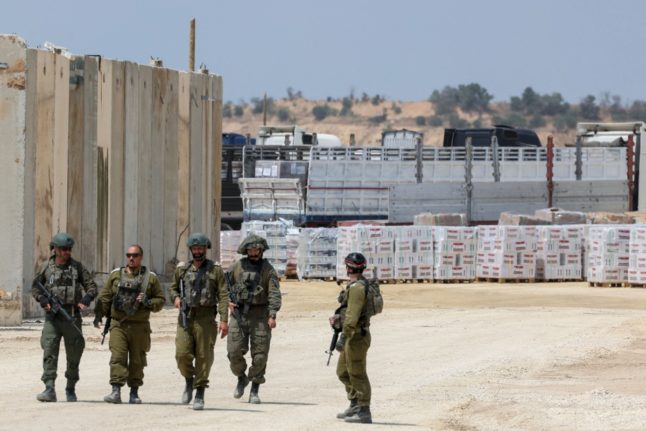Unlike referendums, which take place three to four times a year in Switzerland, federal elections, when people elect their representatives to the National Council and the Council of States (both of which form the Federal Assembly, as the parliament is known), happen only once every four years.
READ ALSO: What you should know about Switzerland’s upcoming federal elections
When the voters head to the polls on October 22nd, will foreigners be among them?
Actually, to be exact, very few people actually ‘head to the polls’ on the day of the election.
The vast majority cast their votes by mail ahead of time, using the ballots that every Swiss-citizen household receives ahead of time.
The same procedure applies to all voting events — that is, municipal, cantonal or national referendums.
The official ‘election day’, October 22nd, is when all the votes are counted and made public.
Regarding foreigners, they will not be able to cast their votes in the election — only Swiss citizens have this right.
This may seem unfair, as many foreign nationals have lived in Switzerland for a long time, and —some argue — should have a say in the political process that impacts their lives as well.
However, this is not an exclusively ‘Swiss’ exclusion, as many countries grant voting rights in federal elections to citizens only.
As many legislators have been pointing out, if a foreigner has lived in the country for long enough to want to participate in politics, they should apply for Swiss citizenship.
(Both naturalised citizens and dual nationals are considered Swiss, so they have all the voting rights).
Can foreign residents vote in referendums?
The answer depends on the place of residence and the type of referendums.
In certain cantons and communities, foreigners are allowed to vote at a cantonal and municipal level on local issues.
The cantons of Fribourg, Vaud, Neuchâtel and Jura permit non-citizens to vote, elect officials, and stand for election at communal level. Conditions vary from one canton to another, but in most cases, a certain length of stay and/or a residence permit are required.
In Vaud, for instance, where 30 percent of the population is foreign, immigrants can run for or sit on the communal or town council, as well as sign an initiative or a communal referendum.
READ ALSO: What’s at stake for foreign citizens in Switzerland’s parliamentary elections?



 Please whitelist us to continue reading.
Please whitelist us to continue reading.
Member comments